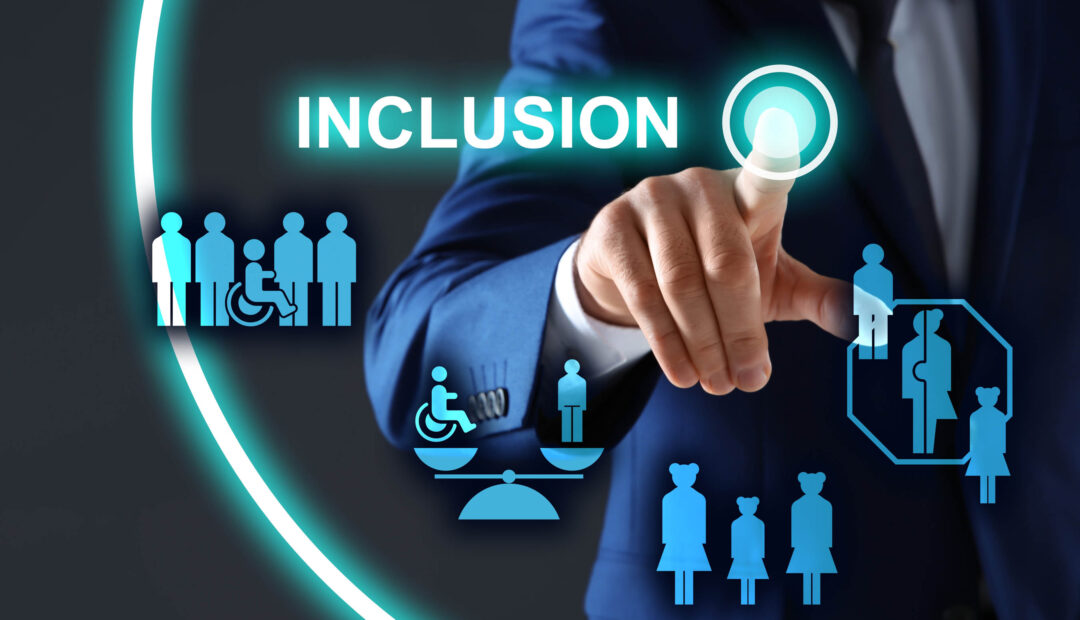The U.S. Census Bureau is looking to collect additional information on the sexual and gender identity of Americans by including new questions in future American Community Surveys.
The U.S. Census Bureau is responsible for collecting data about the United States’ population and economy. On an annual basis, the organization conducts the American Community Survey, which collects data on social, economic, housing, and demographic characteristics to measure the growth and change year to year.
The bureau plans to request approval from the Office of Management and Budget to move forward with testing new questions on gender identity and sexuality. The new questions would ask for an individual’s assigned gender at birth, and move to inquire what their “current gender” is, if it is different from their “assigned gender.” This question will only be applicable to respondents 15 years of age and older.
Survey respondents will be able to choose between “Male, Female, Transgender, Nonbinary,” when indicating their gender identity. The bureau also proposes to add an “open-ended write-in question to gather additional information about a person’s gender identity for research purposes.”
The Census Bureau is also proposing to add an open-ended write-in question to gather additional information about a person’s gender identity for research purposes.
According to reports from Them, “The Census Bureau has slowly expanded its research into LGBTQ+ people in the U.S. over the past several years, finding in a 2021 report that the COVID-19 pandemic disproportionately increased poverty and food insecurity among LGBTQ+ communities.”
In 2017, during President Donald Trump’s term, attempts to add questions on sexuality and gender identity were blocked. According to NPR, during President Barack Obama’s terms, three federal agencies and the Justice Department submitted requests for such questions to be added to the American Community Survey.
“We can learn about health, economic, housing and other outcomes that might be worse for LGBT people because of the stigma and discrimination that they face,” economic professor M.V. Lee Badgett told AP, “and we can track changes over time to see if laws and policies are leading to more equality.”


